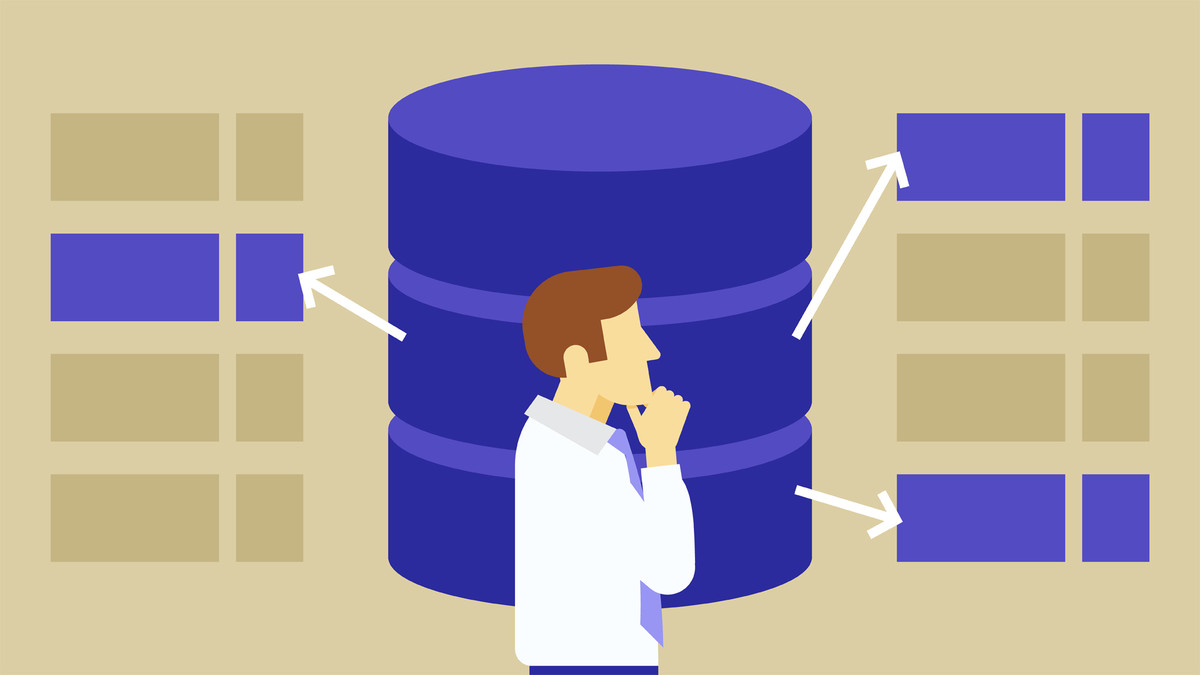
Have you ever opened up a database that someone else built and felt a little lost? Or ever thought of designing your own simple database and been unsure of where to start? Or perhaps you need to work with a team of database professionals and don't know
how to speak their language? This course can help you overcome these hurdles.
Adam Wilbert covers the basics of relational database design, regardless of whether you use Access, FileMaker, Open Office, or SQL Server. Learn how to prevent data
anomalies, gather requirements to plan your design, and develop a conceptual data model—translating your ideas into components like tables, relationships, queries, and views. Plus, learn about logical design considerations that can help you construct
a database that is easy to maintain.
Learning objectives
- Identify the three rules of relations.
- Summarize the four stages of developing a relational database.
- Describe a strategy one might use to ensure a database remains flexible in terms of the questions a user can ask.
- Explain how to avoid scope creep.
- Recall the characteristics of a Lookup Table.
- Recognize situations in which denormalization would be beneficial.
- Understand the types of relationships modeled by junction tables.
- Define referential integrity.
